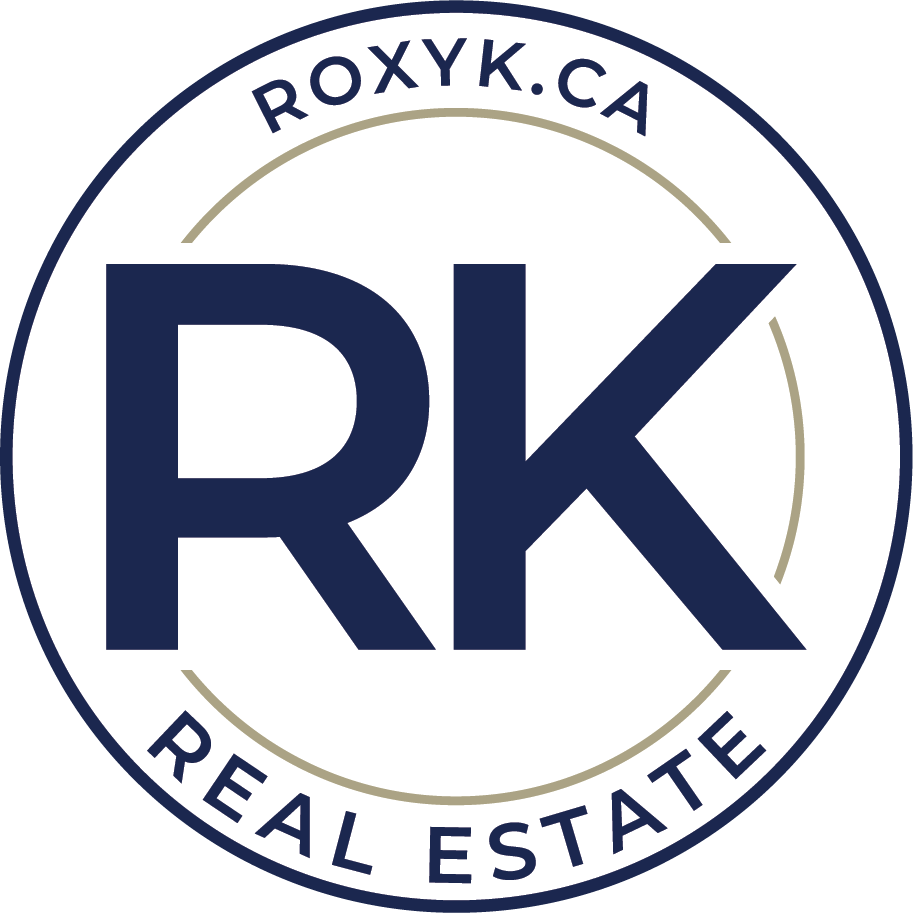Understanding Condos: What You Need to Know before Buying in Red Deer & Central Alberta
Today, we’re diving into the world of condos. When you hear the word "condo," what comes to mind? For most, it’s high-rise apartment buildings, big city living, and maybe even some horror stories about surprise costs. But condos are much more diverse and complex than that.
First things first: a condo is a form of ownership, not a style of building. Condos can be apartments, townhouses, duplexes, or even standalone houses. When you buy a condo, you own your specific unit, plus a share of the common spaces, known as unit factors. So, for example, if you're in a building with 10 units and 10,000 unit factors, you might own 1,000 unit factors. This means you not only own your unit but also a portion of the shared spaces—things like hallways, lobbies, or parking lots.
The concept of unit factors is vital because they determine your share of expenses. These expenses could include building maintenance, utilities, snow removal, landscaping, and repairs. Yes, even though you don’t have to call the roofer, you’re still helping pay for those repairs!
Condo Fees Explained
Let’s talk about condo fees. These are monthly payments you make to cover the upkeep of the building. It’s important to note that not all condo fees are created equal. Some buildings might have higher fees because they include more amenities or services like professional management, utilities, or insurance.
Here’s a breakdown of what condo fees might cover:
Utilities: Not all buildings cover the same utilities, so check what’s included.
Building Insurance: While the building has insurance, you still need to have your own policy to cover personal belongings.
Professional Management: Some buildings are self-managed, while others are professionally managed, which might add to the fees but also offer expert oversight.
Reserve Fund: This is essentially the building's savings account for major repairs, such as roof replacements or elevator upgrades. A portion of your condo fees goes into this fund, and every five years, a professional must conduct a reserve fund study to ensure there’s enough money for future repairs.
The Reserve Fund and Cash Calls
The reserve fund is key to maintaining the long-term health of the building. If there’s a large unexpected expense (like needing to replace a major system), the board might use the reserve fund to cover the costs. However, if the fund is insufficient, condo owners could face a cash call, where you may need to contribute extra funds for repairs. This is a common concern, but keep in mind that these situations are often avoidable through proactive management and a healthy reserve fund.
What Happens If Condo Fees Go Up?
Inflation and increasing costs are a fact of life, and condo fees will generally rise over time to cover these increases. Just like how your grocery bill goes up (have you seen the price of cauliflower recently?), your condo fees might go up as utility rates and maintenance costs increase.
The Importance of Condo Docs
Before purchasing a condo, it’s crucial to review the condo documents. These documents will provide detailed information on the condo’s finances, rules, and management. It’s easy to overlook these, but understanding them is essential to avoid surprises. I always recommend hiring a professional to help you review the condo docs, like Carissa Notland from Condolyzers, who will be on next week’s episode to discuss how to decode these documents.
Final Thoughts
Living in a condo offers many benefits, like reduced maintenance responsibilities and shared costs, but it’s not without its challenges. Understanding condo fees, the reserve fund, and the potential for cash calls can help you make a more informed decision. As always, if you have questions, reach out to me, and stay tuned for next week’s episode where we’ll get into the nitty-gritty of condo documents!

